Data security can be a source of anxiety when outsourcing security operations. With the right managed security service provider (MSSP) it can become your greatest strength. Here’s why.
Outsourcing your security operations can often feel like a leap of faith, especially when it comes to data protection. It can provoke concerns about loss of control or even worse, potential compromise.
At Kocho we understand the anxiety this can cause. After all data is a precious asset and compromise can come at a heavy cost.
However, data security shouldn’t be a source of stress. With the right partner you can achieve the perfect balance: robust protection without sacrificing control.
In this post, we’ll explore how Zero Trust principles, responsible management, and the right technology solutions can ensure robust security while keeping you firmly in control of your data.

64% of IT leaders consider data security a top priority for 2025.
Zero Trust: Securing data at all touchpoints
The industry talks about Zero Trust a lot.
But it’s not just another phrase to be bandied about. It’s a clear philosophy and set of principles based on the idea of ‘never trust, always verify.’
Any MSSP to whom you entrust your data and security should have these principles baked into everything they do.
At Kocho, it’s woven into our DNA.
Zero Trust principles are embedded into the framework of the Microsoft stack upon which our security operations centre (SOC) is founded. And these principles are applied everywhere.
Every single access request, whether it’s a user (employee, analyst, or guest), a device, or an application, is always verified and validated.


Independent Research
Cyber Threat Report 2025
Key threats, popular strategies, and what IT leaders predict will have the biggest impact on cyber security in 2025.
Discover more insights like this:
- 91% want to simplify their security stack
- 94% plan to integrate AI within 6-18 months
- 64% rank data security a top priority
So, what does Zero Trust look like in practice?
- Authentication at every level: No shortcuts. Multi-factor authentication (MFA) is applied to every access request, ensuring only the right people and systems interact with your data. Every request is vetted thoroughly, every time.
- Micro-segmentation: The network is divided into smaller, secure zones. If one is compromised, attackers can’t move freely across the network. Your MSSP should implement this to keep your environment safer.
- Principle of least privilege: Access is on a strict ‘need-to-know’ basis. Users and services get just enough permission to do their jobs, reducing risk and keeping data secure.
As an MSSP we must acknowledge the concern about data security and ensure that the service, processes, and principles do everything to offer peace of mind for the client.
That’s what a true Zero Trust philosophy should provide, through every action, every person, and every day.
Keeping client data in its rightful home
One of the questions we’re frequently asked is: “How do I know my data stays under my control?”
It’s a valid concern.

58% of UK IT leaders cite data security as a chief concern when working with an MSSP.
You need assurance that your data is safe, and importantly, that it’s not leaving your environment.
As we’ve mentioned, a clear Zero Trust approach sets the right foundations for this.
In addition, having industry recognised credentials like ISO27001 and ISO9001 that demonstrate a commitment to data protection obviously helps.
A quick look at an MSSP’s ‘About Us’ page can quickly establish what your provider holds (or maybe even a glance to the bottom of this page??).
But how can your MSSP alleviate these concerns in practice?
At Kocho, we work with our clients to enable fully managed security operations while retaining data within their own cloud environment.
For example:
- Client-owned Azure environment: We can deploy Microsoft Sentinel in the client’s Azure subscription. This means that all logs, alerts, and investigation data are stored within the client’s own cloud environment, ensuring full control over data residency and compliance.
- Role-Based Access Control (RBAC): Configuring RBAC grants security analysts the necessary permissions for monitoring, investigating, and responding to security incidents. This allows your MSSP to manage security operations without taking ownership of the client’s data or environment.
- Azure Lighthouse integration: Applying Azure Lighthouse provides cross-tenant management. This allows our SOC team to access and manage resources in the client’s Azure environment securely, while the client retains ownership of their data. Azure Lighthouse facilitates secure multi-tenant monitoring and response without moving data outside the client’s environment.
- Data security and privacy measures: We always ensure strict security protocols are in place, such as conditional access policies, just-in-time access, and MFA. This maintains data security while the SOC team accesses the client’s cloud resources.
- Automation and Orchestration: Azure Logic Apps and / or Microsoft Sentinel playbooks provide automated incident response that runs directly within the client’s environment. This reduces manual intervention and ensures all automation processes are contained within the client’s infrastructure.
Why log shipping is unnecessary—and potentially counterproductive
Another myth we often hear is the notion that you need to ship every log to the MSSP for proper analysis and auditing.
We understand why someone might get that idea, after all isn’t that ensuring comprehensive monitoring?
However, this approach is usually overkill, unnecessary, and can actually work against you.
It can also put you at odds with best practices around data compliance and GDPR.
- Data protection best practices: Shipping all logs to a third party increases risk, plain and simple. A responsible MSSP uses advanced tools to analyse logs in place, meaning your sensitive data stays right where it belongs. We can still detect threats and provide the insights you need, without taking on unnecessary risk.
- Efficient analysis and investigation: The truth is, keeping data within your control doesn’t just make sense for compliance, it also makes investigations faster and more efficient. There’s no time wasted transferring data from one environment to another, which means we can act quickly when it matters most. It’s better for detection, it’s better for response, and it’s definitely better for your budget.
- Reduced complexity in auditing: When auditors come knocking, the last thing you want is added complexity. Many think sending all logs makes things easier, but in reality, it just introduces more confusion about where data resides and who controls it. A proficient MSSP will meet your audit needs without taking custody of your data, ensuring clarity and control are never compromised.
Building trust with the right MSSP
Choosing the right MSSP is all about finding a partner who understands your concerns and works tirelessly to address them. Here’s what to look for:
- Transparent data handling policies: You should always know where your data is, how it’s accessed, and by whom. A trustworthy MSSP will be crystal clear about all of this, with no hidden surprises.
- Alignment with your compliance needs: It’s not one-size-fits-all. Your MSSP should align with your specific compliance and regulatory requirements. This means finding ways to meet your standards without unnecessary data movement or complexity.
- Proactive threat detection and response: You want an MSSP who’s proactive. Work with a team who uses behavioural analysis and other advanced techniques to stop threats before they become problems. That’s how you stay ahead of the game.
Conclusion
Outsourcing to a managed security service provider doesn’t have to feel like a gamble. In fact, with the right partner, it can be the smartest decision you make for your organisation’s data security.
By embracing a Zero Trust approach, leveraging tools like Microsoft Sentinel for in-place analysis, and challenging misconceptions around log shipping, a responsible MSSP can help you stay compliant, keep your data safe, and ensure you’re always in control.
Key takeaways
Zero Trust principles are essential to ensuring robust data security while maintaining control.
MSSPs can manage security operations in a client-owned Azure environment, ensuring data remains within the client’s control.
Role-Based Access Control (RBAC) and Azure Lighthouse enable effective management without compromising data ownership.
Log shipping is often unnecessary and can be counterproductive, increasing risks and compliance complexities.
In-place log analysis helps maintain compliance, speeds up investigations, and simplifies auditing.
Choosing an MSSP with transparent data handling policies and proactive threat detection is key to building trust.

Let's talk!
Real partnership. Microsoft expertise. Complete transparency.
Book a free Discovery Call and learn more about our AI-powered security operations service, XDR Rapid Protect.
Get more information on:
- AI-powered rapid protection, from day one
- Dedicated Microsoft experts, by your side
- Powerful, intuitive reporting tools
- Collaboration and transparency as standard
Next steps
Like this article?
Don’t forget to share it.

Great emails start here
Sign up for free resources and exclusive invites
Subscribe to the Kocho mailing list if you want:
- Demos of the latest Microsoft tech
- Invites to exclusive events and webinars
- Resources that make your job easier

Don't Miss
Great enterprise identity resources
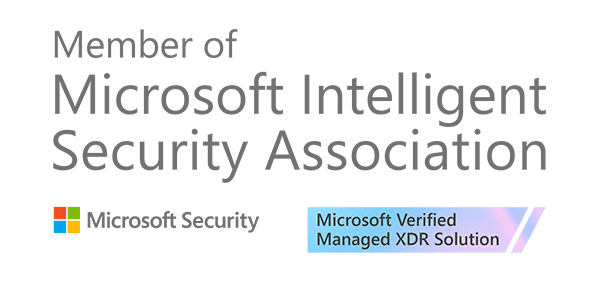
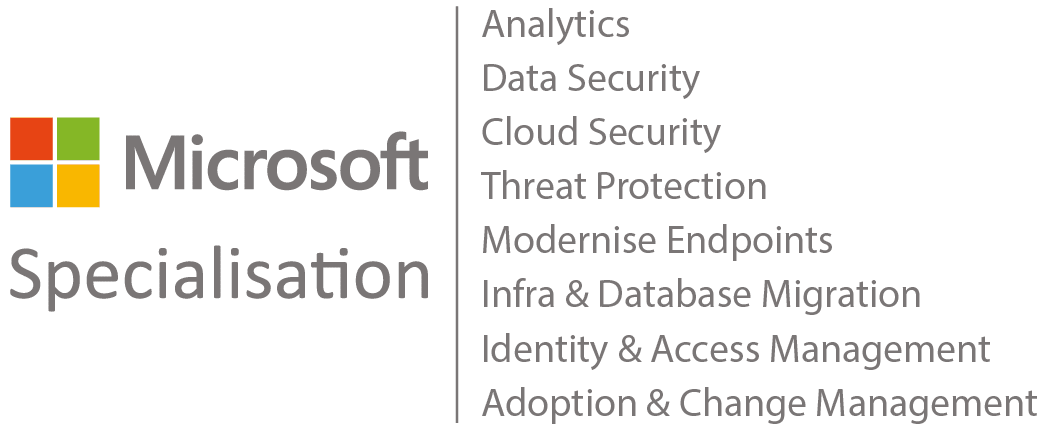
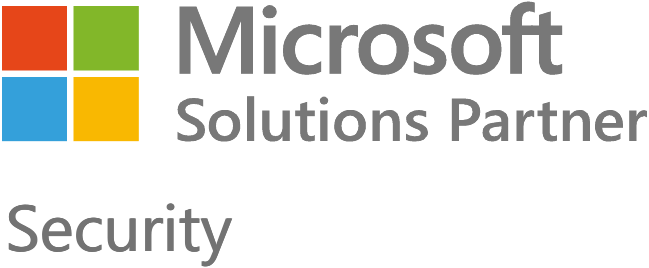
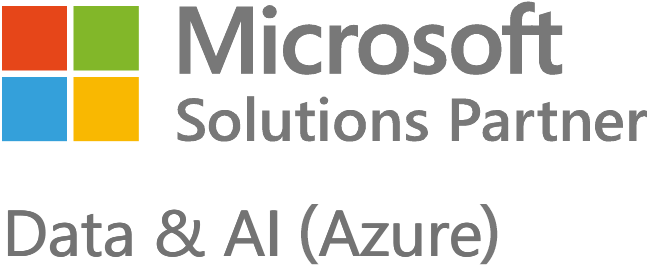
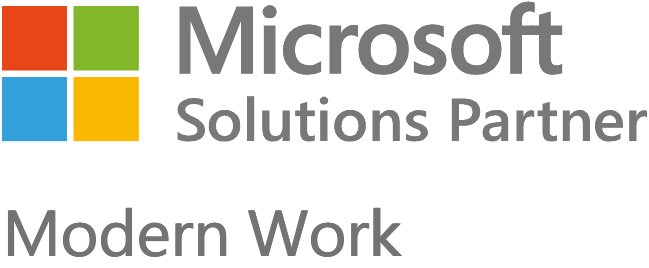
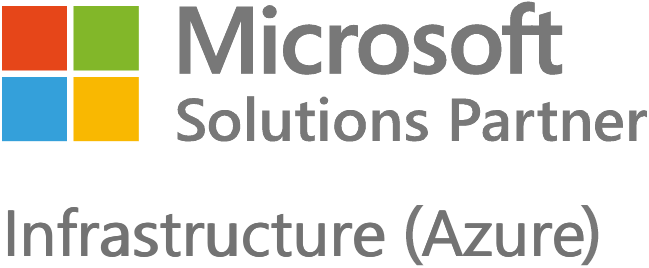
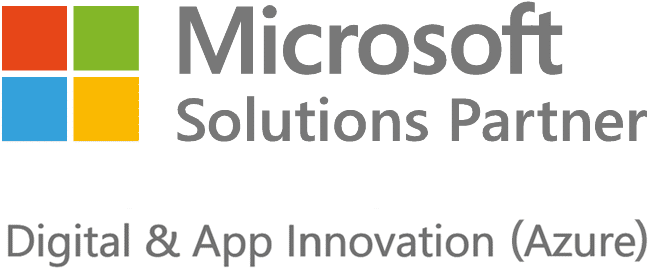
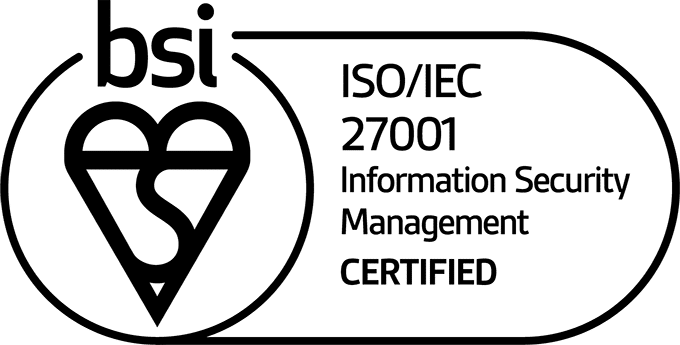


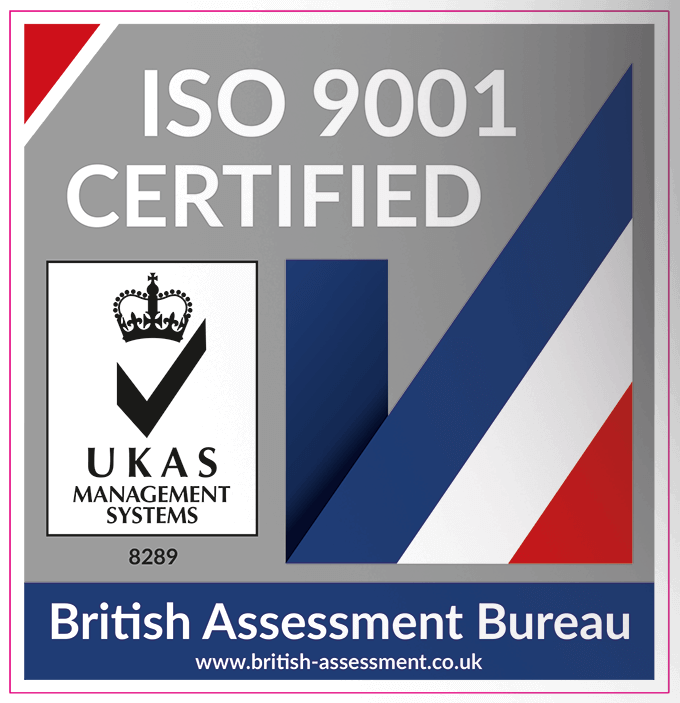
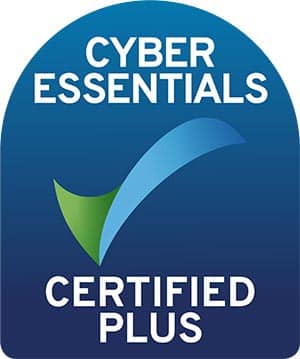












Got a question? Need more information?
Our expert team is here to help.








